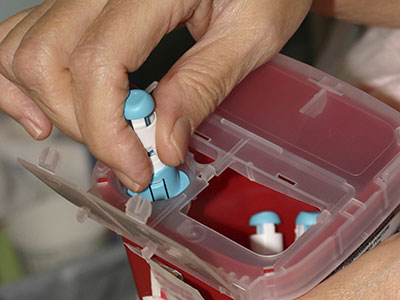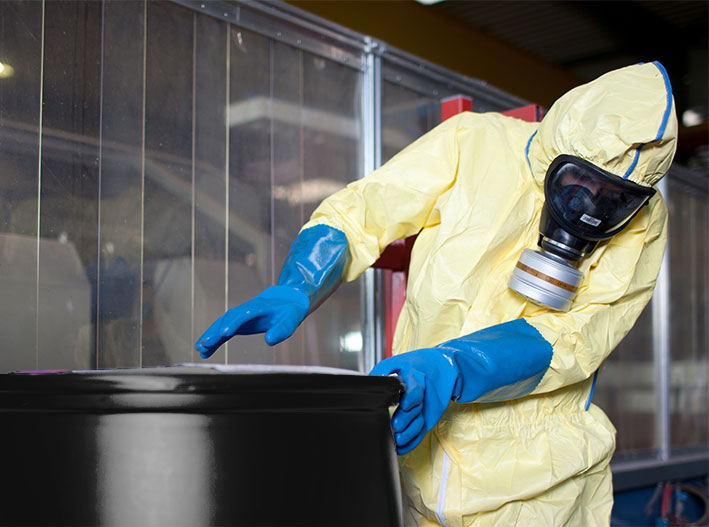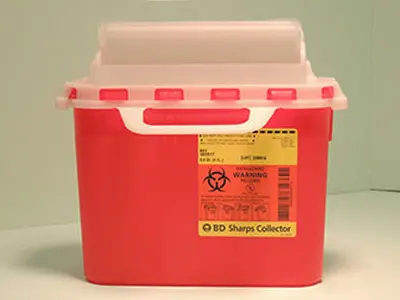Medical Waste Disposal in VT
Medical Waste Disposal in VT
Serving New England since 1997, BioServ knows VT medical waste regulations inside and out. Our customers span a variety of industries and practice sizes—but for all of them, a reliable hazardous waste service is crucial for keeping business running smoothly. That’s why we designed our medical waste disposal services to be completely hassle-free, with automatic & on-call pickup options, flexible scheduling, and affordable, upfront pricing. Whether you generate large volumes or require medical waste services with specialized handling, we can handle your most complex needs.

Vermont
Covered by our E. Syracuse, NY and Prospect, CT branches
28 Corporate CircleEast Syracuse, NY 13057
10 Gramar Avenue
Prospect, CT 06712
Phone: 800.378.8824
Why is BioServ the Best Choice for Medical Waste Management in Vermont?
Although the environment is a major priority in the beautiful green state of Vermont, the state has been historically under-served and over-charged for environmental waste management services.
Because it is of critical importance that Vermont businesses manage their regulated waste in accordance with state regulations, BioServ offers comprehensive and cost-effective waste management programs, with on-call and automatic pick-up options to fit your specific needs. We employ NO middlemen or third-party transporters–your waste will be picked up by a BioServ employee and transported on a licensed and insured company truck to a permitted destruction facility.

VT Medical Waste Regulations
- Regulated Medical Waste Definition RMW includes pathological and microbiological waste containing blood or OPIM, sharps, animal infectious waste, liquid or semi-liquid blood or OPIM, and items capable of releasing blood or OPIM during handling.
- Regulated Medical Waste Storage RMW must be stored in labeled containers separate from other waste. It must be kept in a locked area with restricted access and must be protected from water, precipitation, wind, and animals.
- Pathological Waste Disposal Pathological waste (human tissue, organs, or body parts–excluding teeth–removed during a medical procedure or autopsy) must be disposed of by incineration.
- Chemotherapy Waste Disposal All trace chemotherapy waste must be incinerated or chemically neutralized.
- Small Quantity Generator (SQG) Status SQGs generate less than 50 pounds of regulated medical waste per month.
- Large Quantity Generator (LQG) Status LQGs generate 50 pounds or more of regulated medical waste per month.
 VT Medical Waste Resources
VT Medical Waste Resources
- VT Dept. of Environmental Conservation: Safe Disposal of Sharps
- VT DEC: Vermont Hazardous Waste Management Regulations
- VT DEC: Compliance Handbooks for Generators of Hazardous Waste
- VT DEC: Procedure Addressing Regulated Medical Waste Definitions & The Handling and Treatment of Regulated Medical Waste (PDF)








